Check out before these deals are gone!


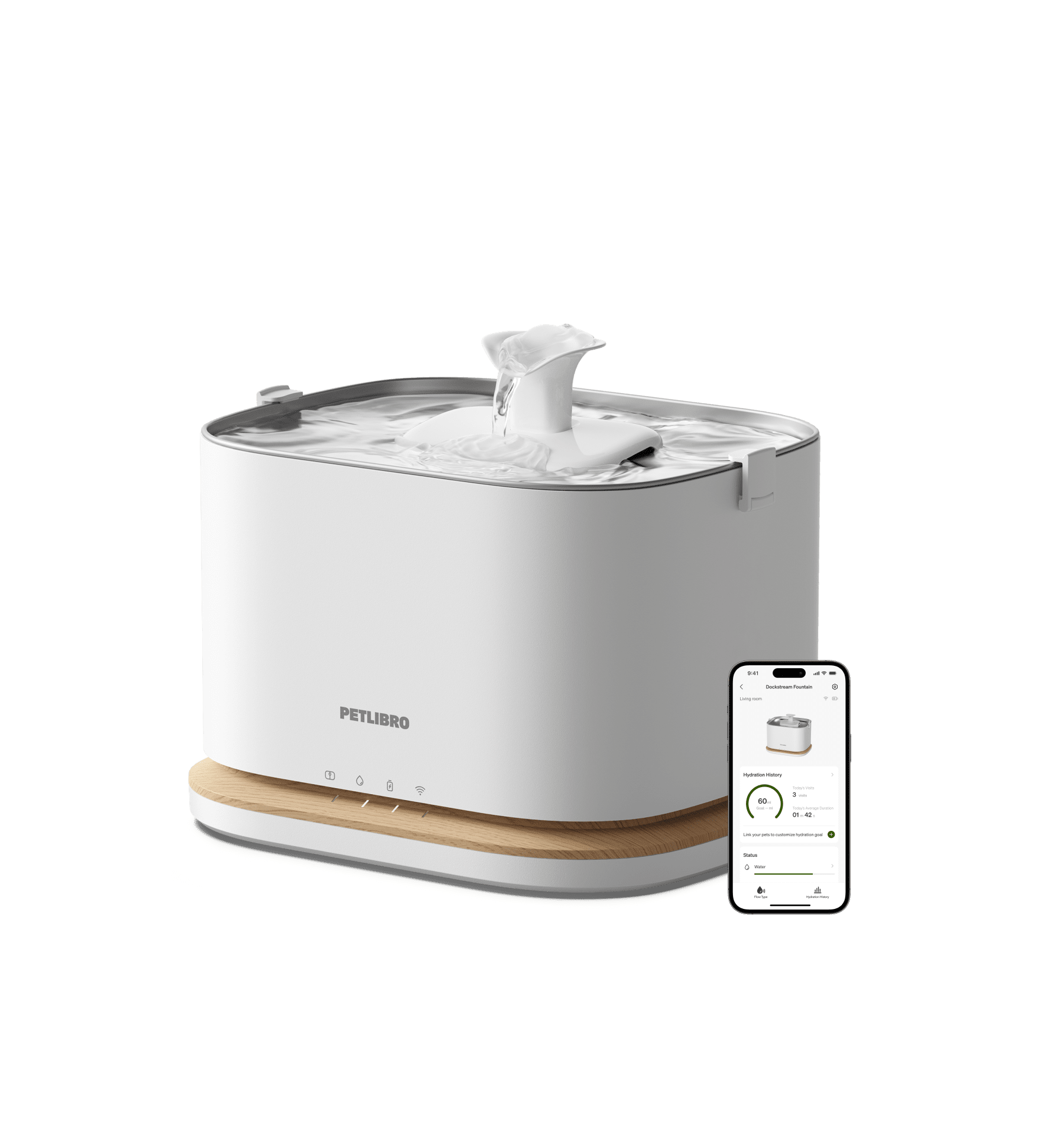
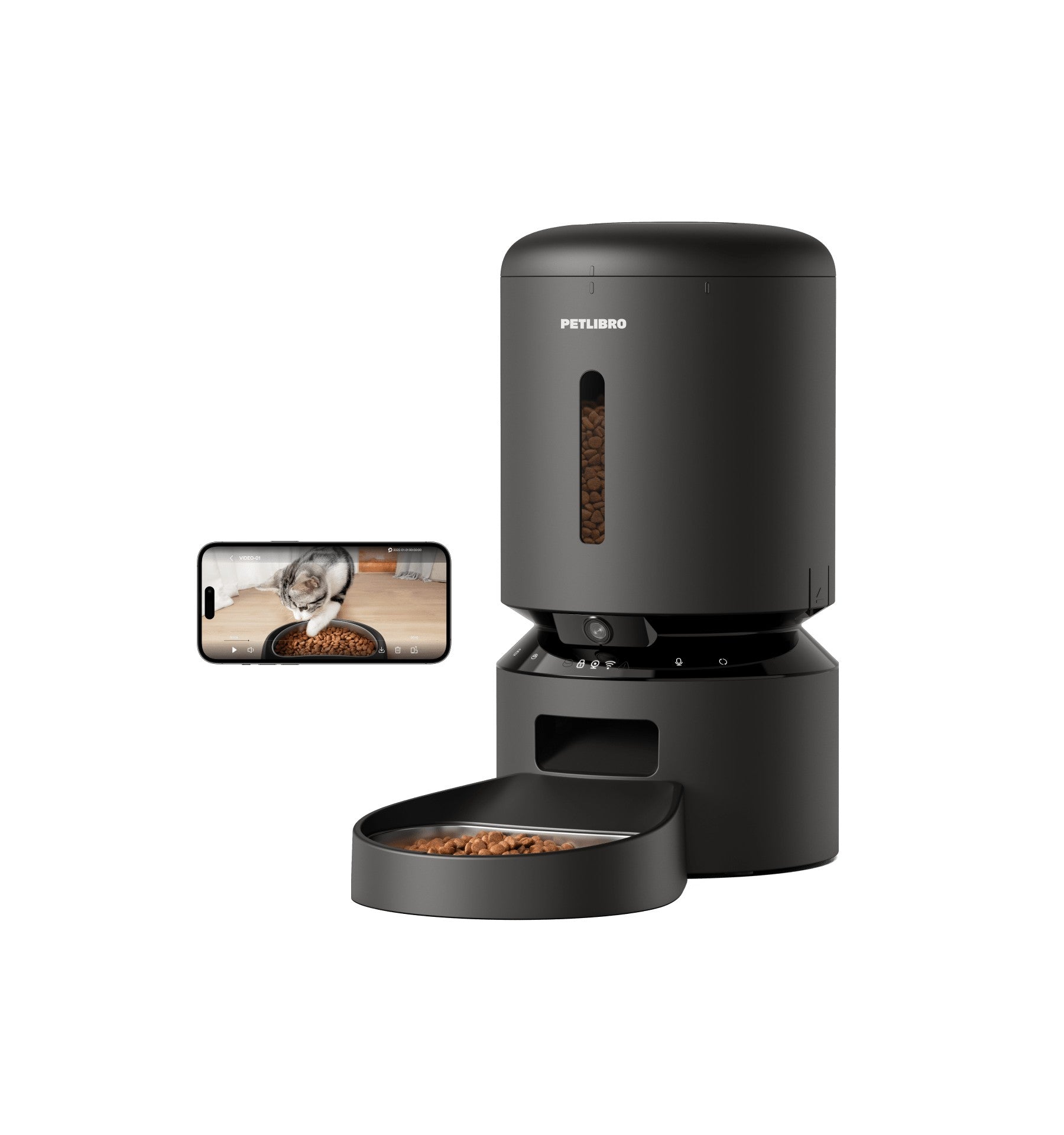
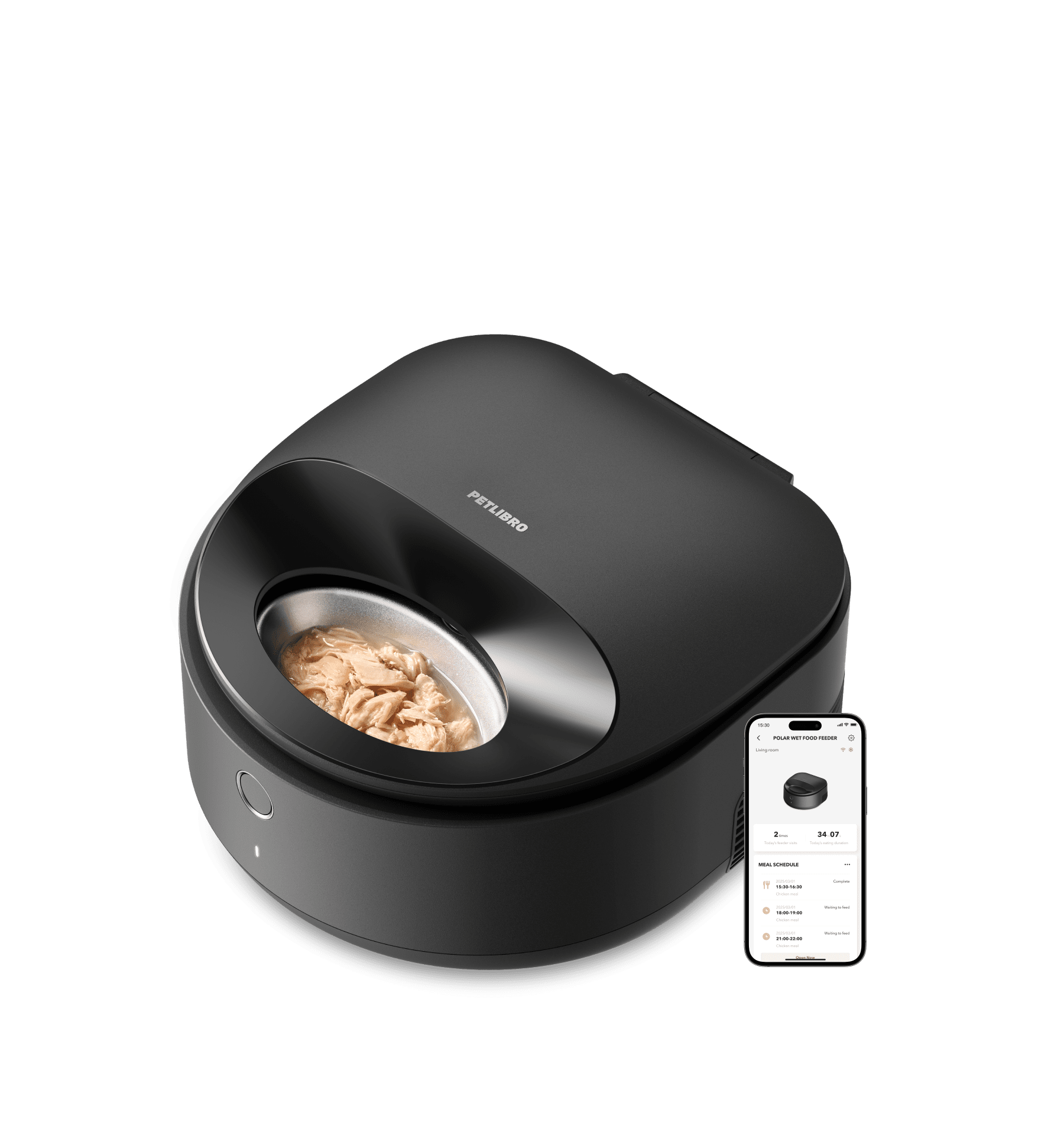
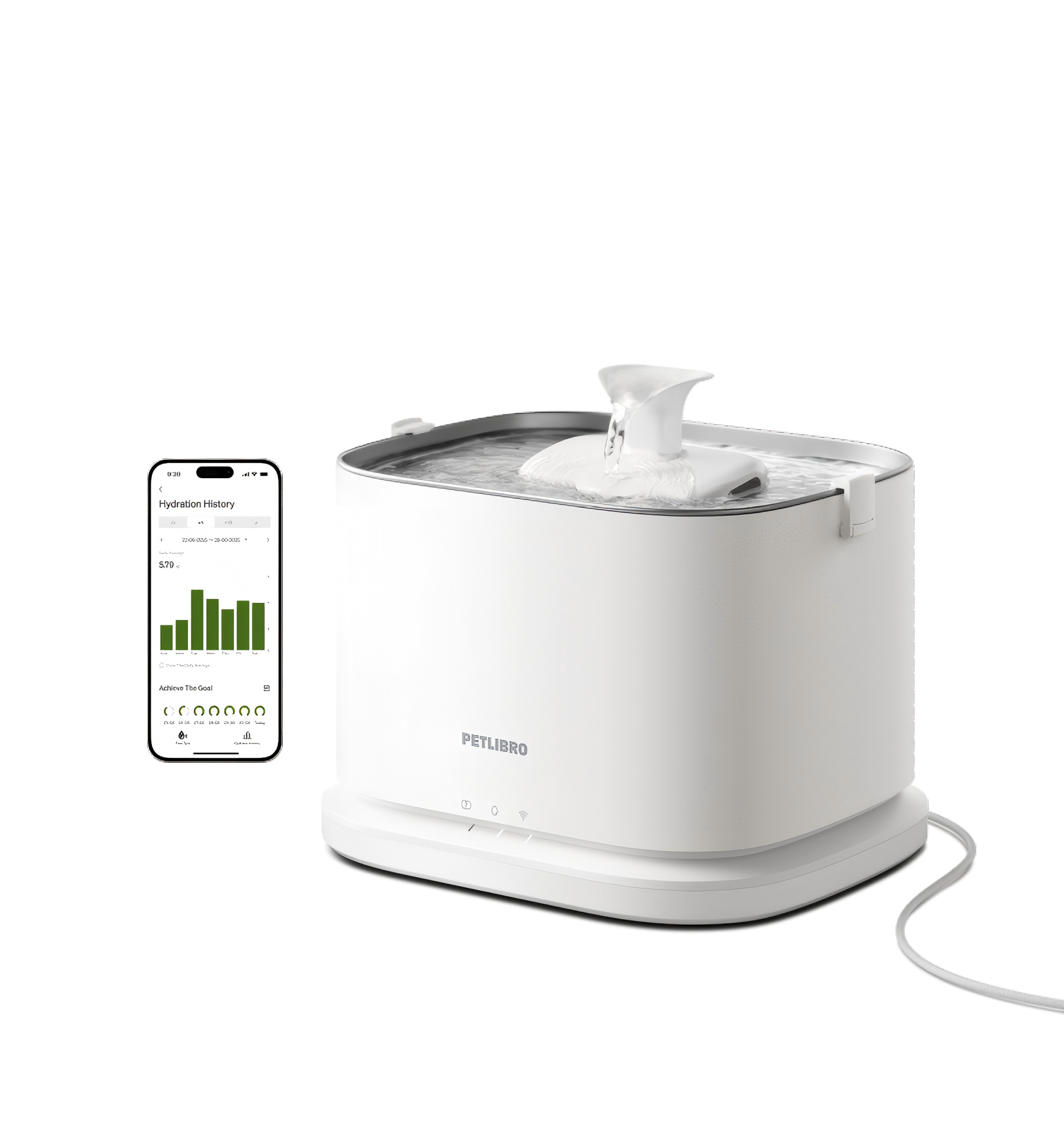
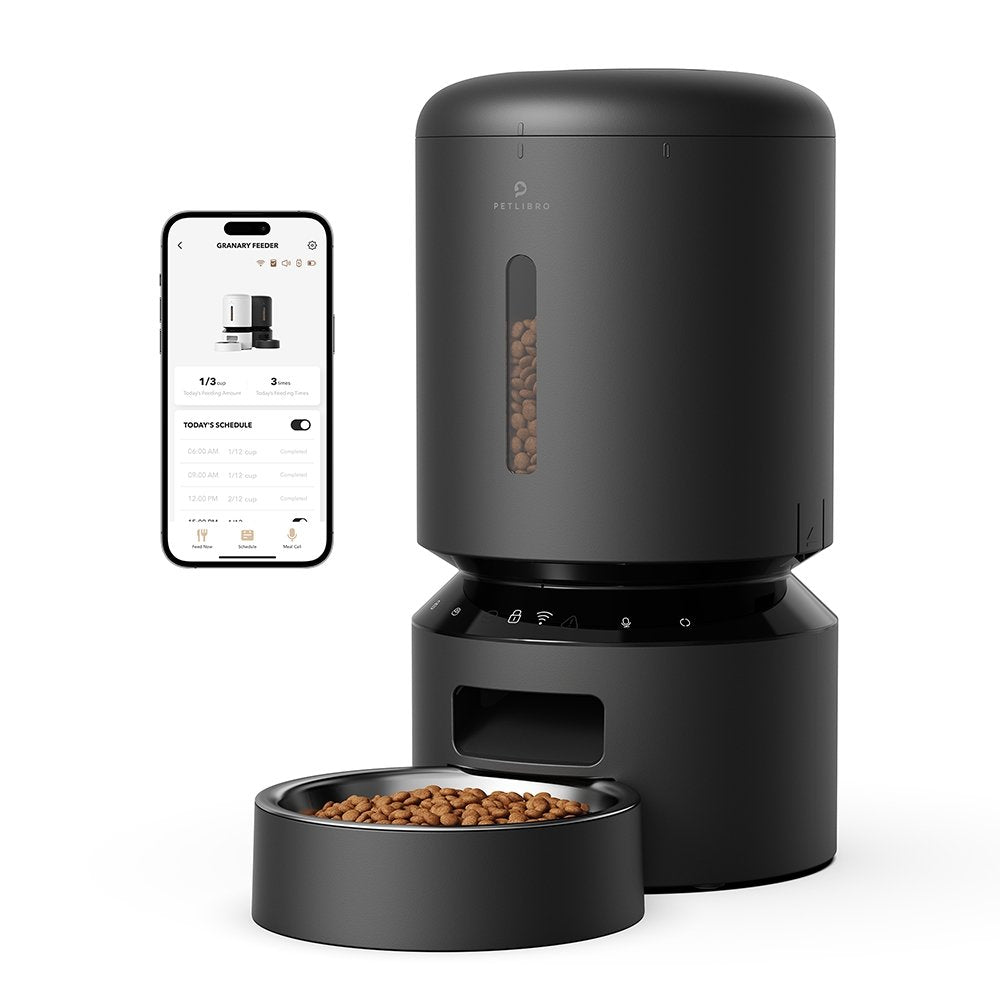
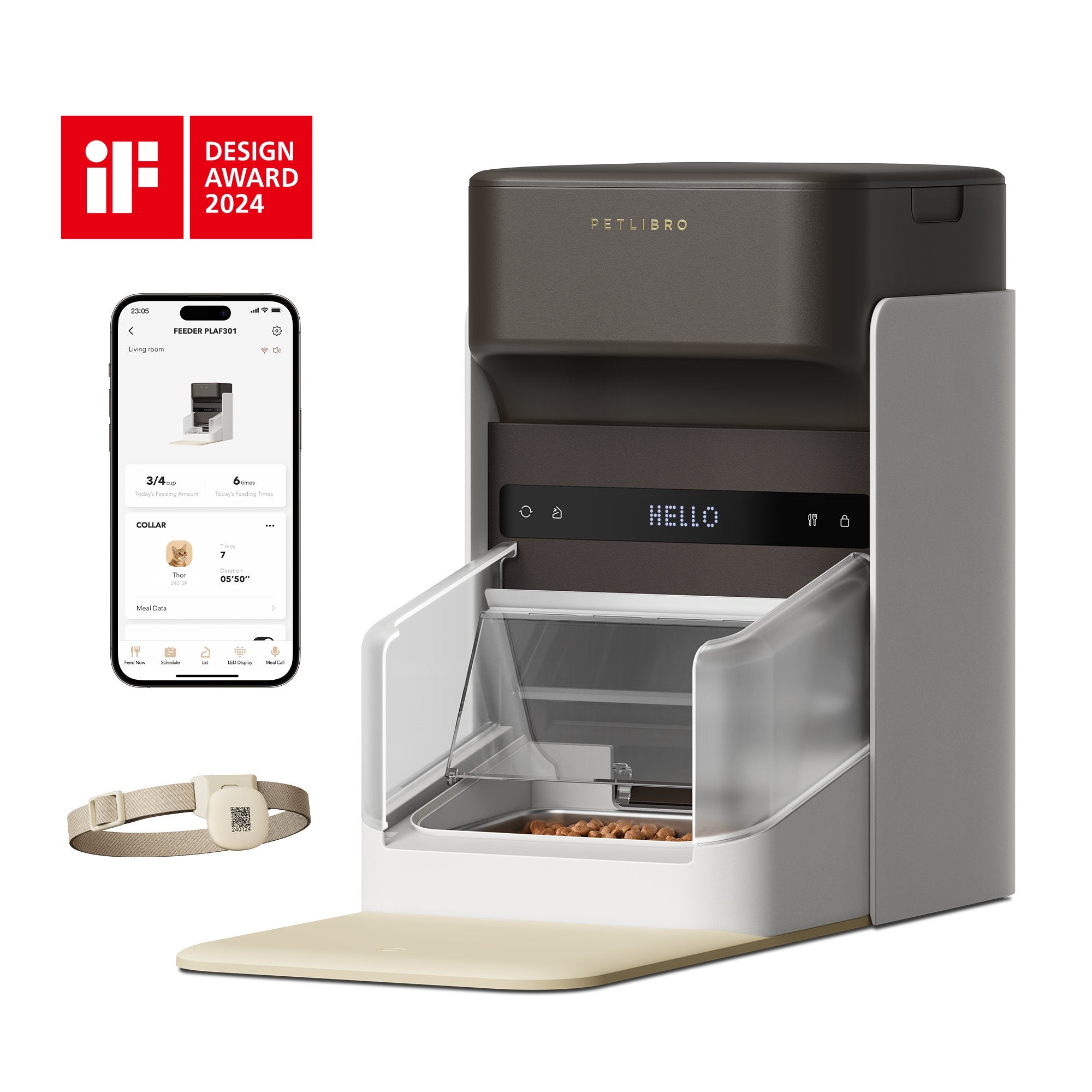
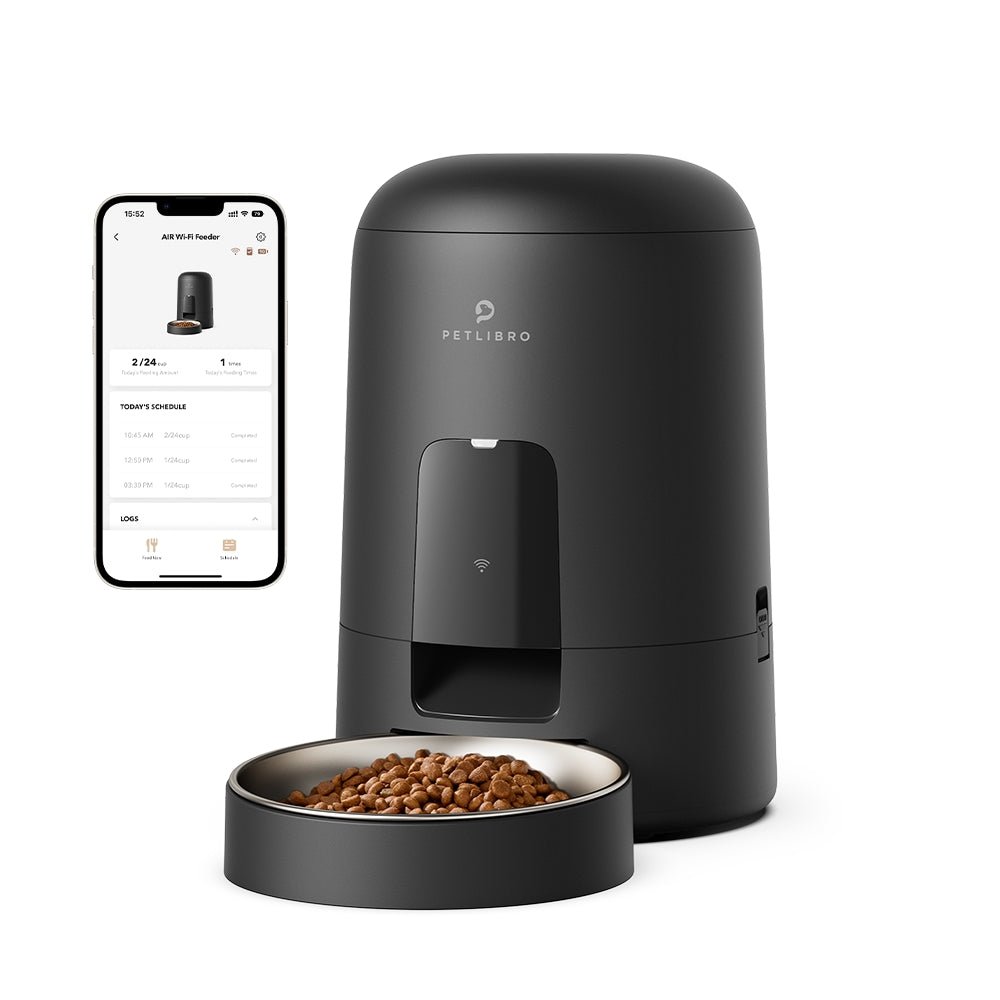


























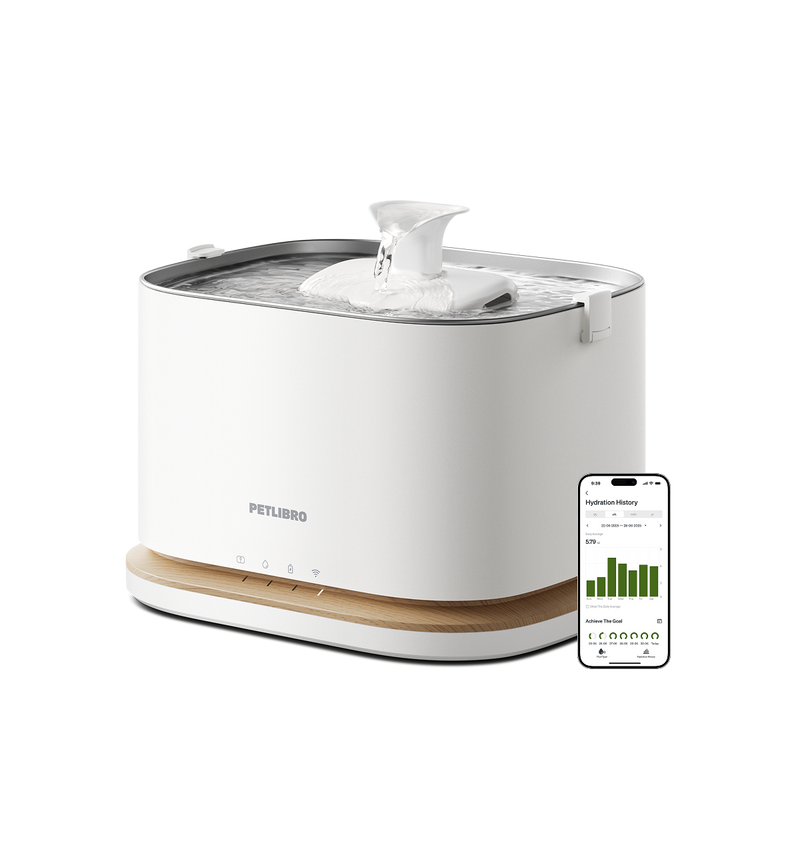
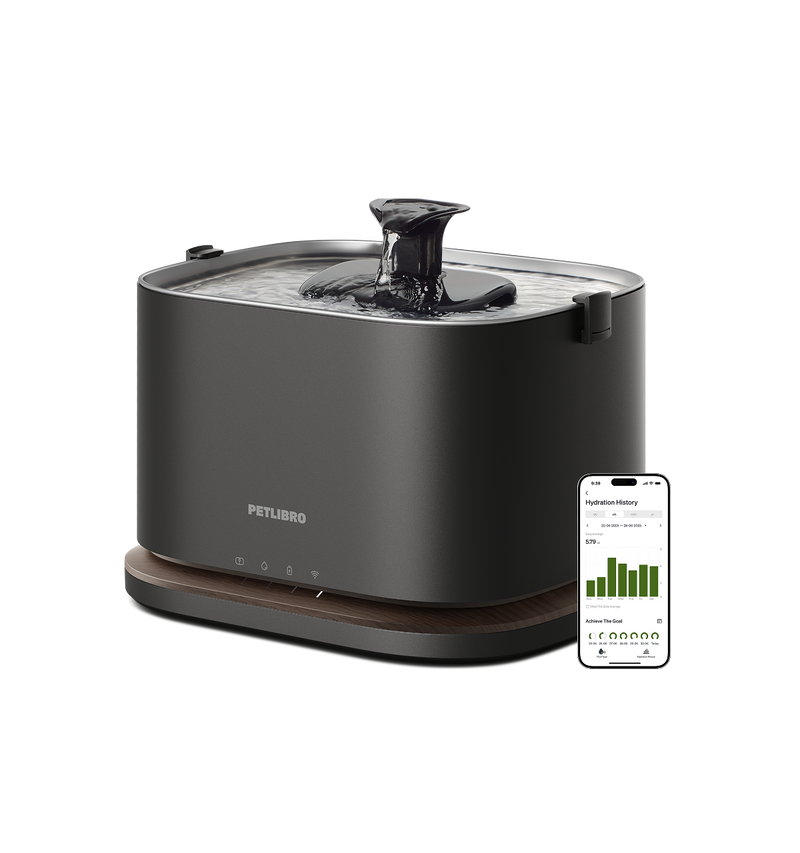
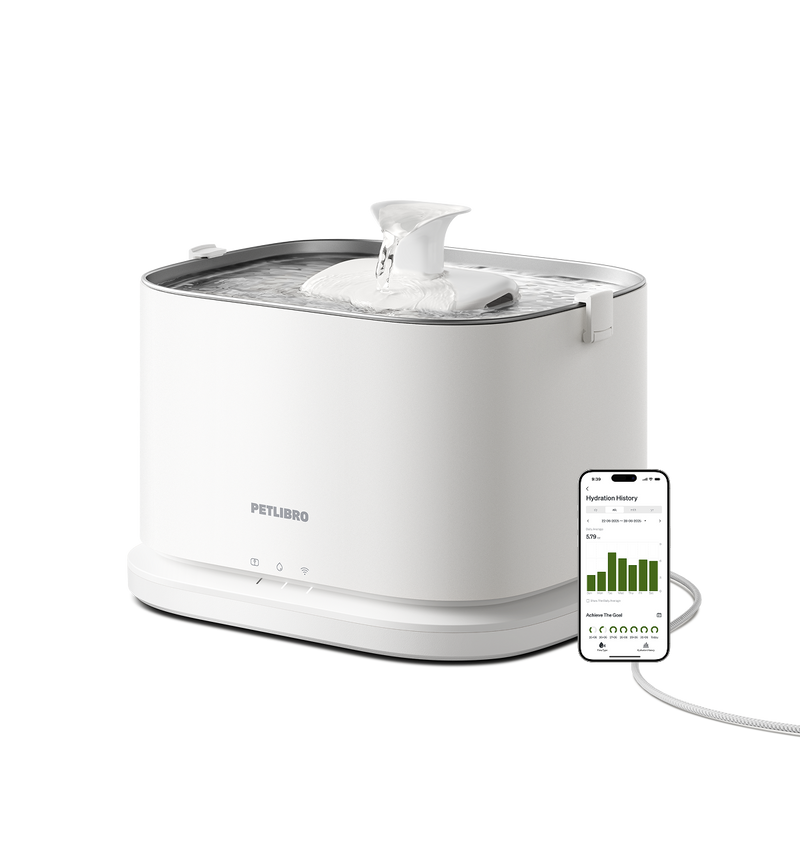
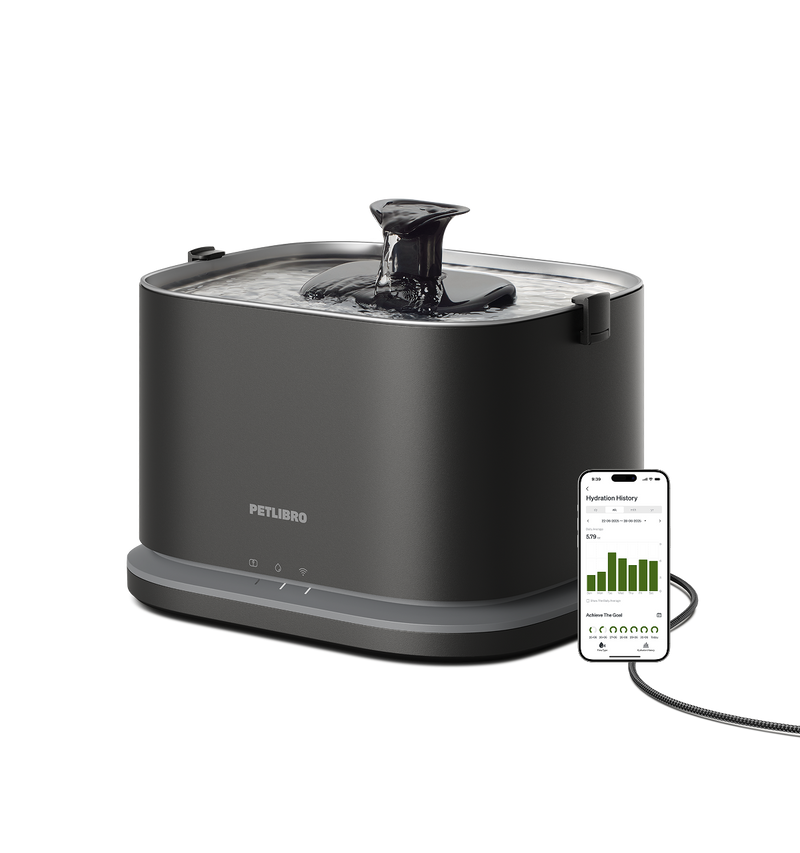






































By subscribing, you agree to receive email marketing from Petlibro. Privacy Policy | Terms of Service


Code is valid for 48 hours for one order only. Code cannot be combined with other codes. Accessories are excluded.
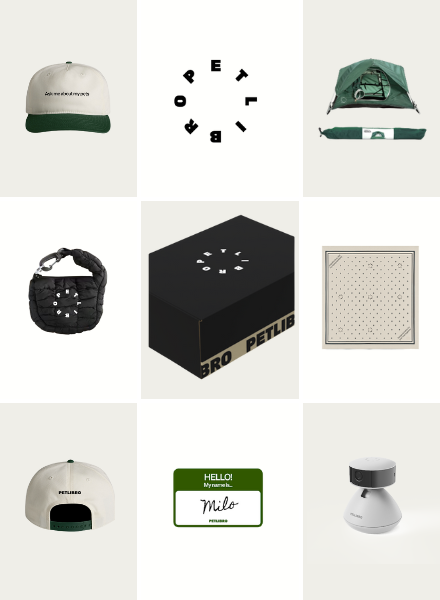
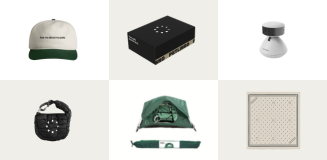
Open to legal U.S. residents, 18 years or older. Void where prohibited. Giveaway begins on 08/26/2025 and ends on 09/15/2025 at midnight PST. Three winners will each receive a limited-edition Petlibro PR Kit, which includes the Scout Smart Camera and select branded merch. Winners will be chosen at random and notified via Instagram or email (depending on entry format) by 09/30/2025. If a winner does not respond within 48 hours, another may be selected. Odds of winning depend on the total number of eligible entries received. Only one email entry per person will be counted, though additional entries may be submitted through the bonus methods described above. Petlibro is not liable for any issues that arise from participation or use of the prize. Personal information will be collected and handled in accordance with our Privacy Policy.


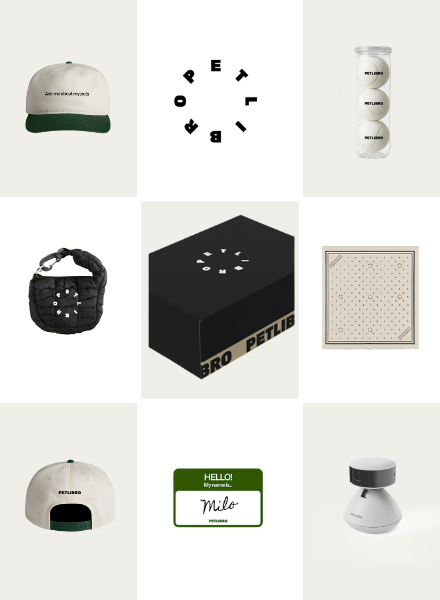
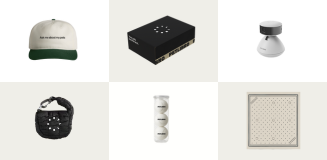
Open to legal U.S. residents, 18 years or older. Void where prohibited. Giveaway begins on 08/26/2025 and ends on 09/15/2025 at midnight PST. Three winners will each receive a limited-edition Petlibro PR Kit, which includes the Scout Smart Camera and select branded merch. Winners will be chosen at random and notified via Instagram or email (depending on entry format) by 09/30/2025. If a winner does not respond within 48 hours, another may be selected. Odds of winning depend on the total number of eligible entries received. Only one email entry per person will be counted, though additional entries may be submitted through the bonus methods described above. Petlibro is not liable for any issues that arise from participation or use of the prize. Personal information will be collected and handled in accordance with our Privacy Policy.


The kidneys play a vital role in removing waste from the blood and regulating fluid balance in cats. Unfortunately, kidney disease is very common in older cats and can significantly impact their health and quality of life if not managed properly.
This guide will provide an overview of feline kidney health, signs of kidney problems, recommended nutrition and care for cats with kidney issues. But remember, you should consult vets for more medical advices.

The two bean-shaped kidneys are located in the abdomen, along the spine. Their main functions are:
Healthy kidneys constantly filter the blood, removing waste and extra fluid. This filtered fluid becomes urine which passes from the kidneys to the bladder for excretion.
When the kidneys are damaged and unable to properly filter blood, dangerous levels of toxins and fluids can accumulate leading to kidney disease ↗.
Kidney disease often progresses slowly over time. In the early stages there may be no obvious clinical signs. Later, as kidney function declines, several symptoms may be noticed:
Kidney disease is categorized into 4 stages ↗ based on blood test values:
| IRIS Guidelines: Staging Feline CKD by Serum Creatinine Concentration | ||
|---|---|---|
| STAGE & DESCRIPTION | SERUM CREATININE CONCENTRATION | |
| mg/dL | mcmol/L | |
| Stage 1 Nonazotemic CKD | < 1.6 | < 140 |
| Stage 2 Mild Renal Azotemia | 1.6 to 2.8 | 140 to 250 |
| Stage 3 Moderate Renal Azotemia | 2.9 to 5 | 251 to 440 |
| Stage 4 Severe Renal Azotemia | > 5 | > 440 |
The earlier kidney issues are detected, the better the long-term prognosis with proper care.

Some of the main reasons cats develop kidney problems include:
Adjusting your cat's diet is a key part of managing kidney issues. The goals are to reduce workload on the kidneys while providing optimal nutrition.
Depending on your cat's stage of kidney disease, your vet may prescribe medications to help manage their condition and support kidney function.
Always consult your veterinarian before giving any supplements, as they may interact with medications. Work closely with your vet to develop the best treatment plan.

As a cat owner, there are several things you can do at home to support your cat's kidney health:
With attentive home monitoring and care, kidney disease can be managed to give cats the best quality of life possible. But remember don't leave your cat alone for a long time even you track their condition at home.
Kidney health is so vital for your cat's overall wellbeing. Being proactive allows for earlier diagnosis and better management of kidney problems. Monitor your senior cat closely for any signs of dysfunction. Work with your vet to diagnose issues early and start kidney-friendly nutrition and medications promptly.
Caring for a cat with kidney disease takes diligent monitoring and dietary adjustments. But with attentive home care and the right medications and cat food, kidney function can be preserved and symptoms controlled to extend a healthy lifespan.
Tools like automatic feeders ↗ and pet fountains ↗ can also help cats with kidney issues thrive. Automatic feeders allow you to precisely portion the prescription kidney diet on a set schedule in a smart way. Fountains encourage increased water consumption to flush kidneys